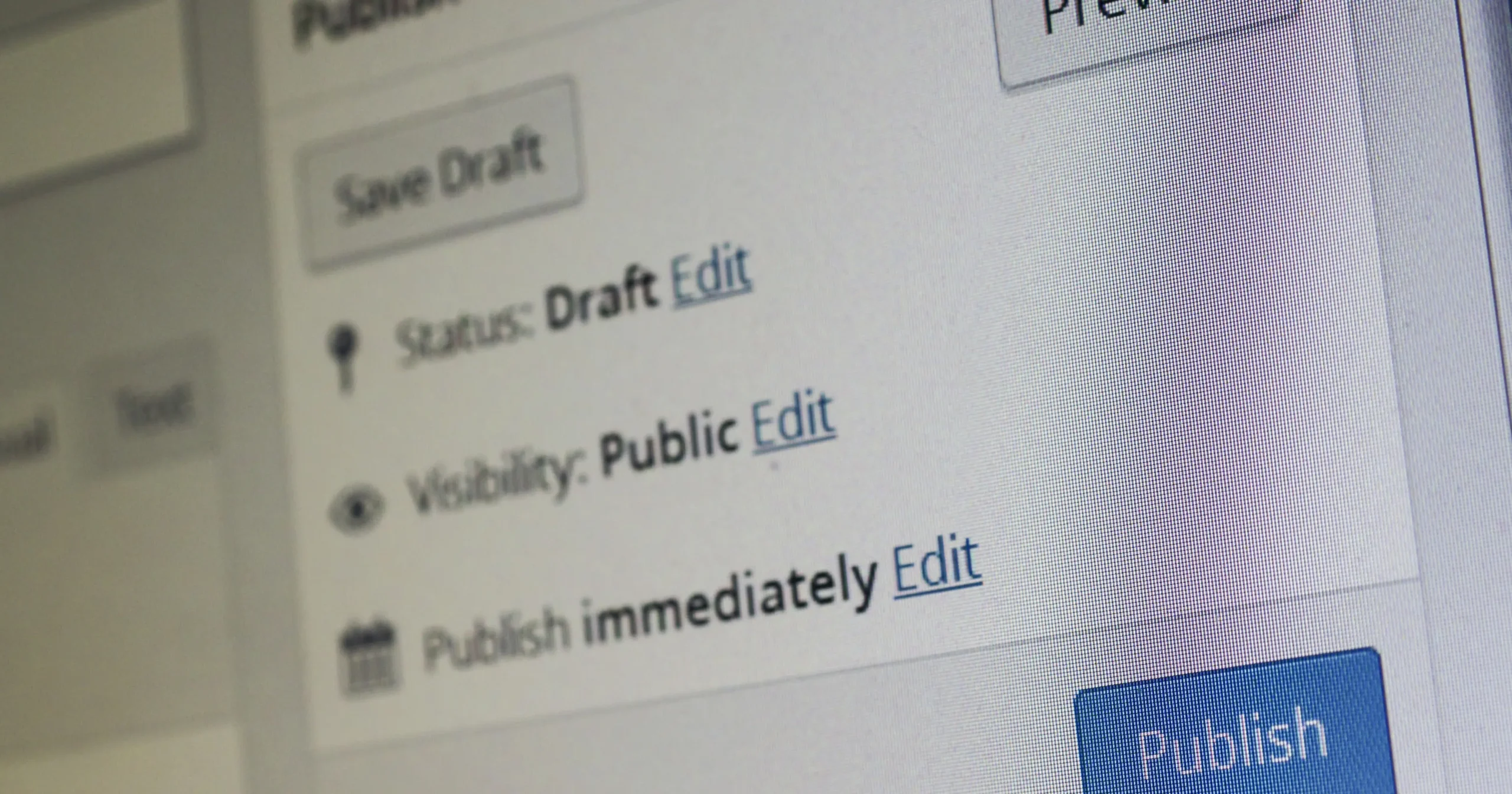Maintaining a WordPress website is crucial for its long-term success and optimal performance. As a powerful and popular content management system (CMS), WordPress requires regular attention and updates to ensure it remains secure, functional, and up-to-date. Here are seven compelling reasons why you need a maintenance plan for your WordPress website:
1. Security Enhancement: WordPress websites are vulnerable to security threats, such as hacking attempts, malware injections, and data breaches. A maintenance plan includes regular security scans, malware detection, and proactive measures to protect your website. This helps safeguard sensitive information and ensures a secure environment for both you and your visitors.
2. Software Updates: WordPress core software, themes, and plugins frequently release updates that introduce new features, fix bugs, and address security vulnerabilities. A maintenance plan ensures that these updates are promptly installed, minimizing the risk of compatibility issues and improving the overall performance of your website.
3. Improved Performance: A well-maintained WordPress website performs better in terms of speed, responsiveness, and user experience. Regular optimization techniques, such as database cleaning, image compression, and caching, are part of a maintenance plan. These actions improve page loading times, reducing bounce rates and enhancing visitor engagement.
4. Backup and Disaster Recovery: Data loss can occur due to various reasons, including human errors, server crashes, or cyber-attacks. A maintenance plan includes regular backups of your website files and databases, ensuring that you can restore your website quickly in case of any unforeseen events. This provides peace of mind and minimizes downtime.
5. Content Updates and Website Changes: As your business evolves, you may need to update your website content, add new pages, or make design modifications. A maintenance plan often includes support for content updates and minor website changes. This saves you time and allows you to focus on your core business activities while ensuring your website remains current and engaging.
6. Search Engine Optimization (SEO) Support: Maintaining a good SEO ranking is crucial for online visibility and attracting organic traffic. A maintenance plan can include SEO support, such as optimizing meta tags, improving page loading speed, and ensuring mobile responsiveness. These efforts help your website rank higher in search engine results, driving more qualified leads to your business.
7. Professional Technical Support: Inevitably, technical issues may arise with your WordPress website. A maintenance plan often includes access to professional technical support, where you can seek assistance and guidance for any website-related concerns. Prompt and reliable support ensures that issues are resolved efficiently, minimizing any disruption to your online presence.
In conclusion, a maintenance plan for your WordPress website offers numerous benefits, including enhanced security, improved performance, regular software updates, data backups, content updates, SEO support, and access to technical expertise. By investing in a maintenance plan, you can ensure that your website remains secure, up-to-date, and optimized, providing a positive experience for both you and your website visitors.


